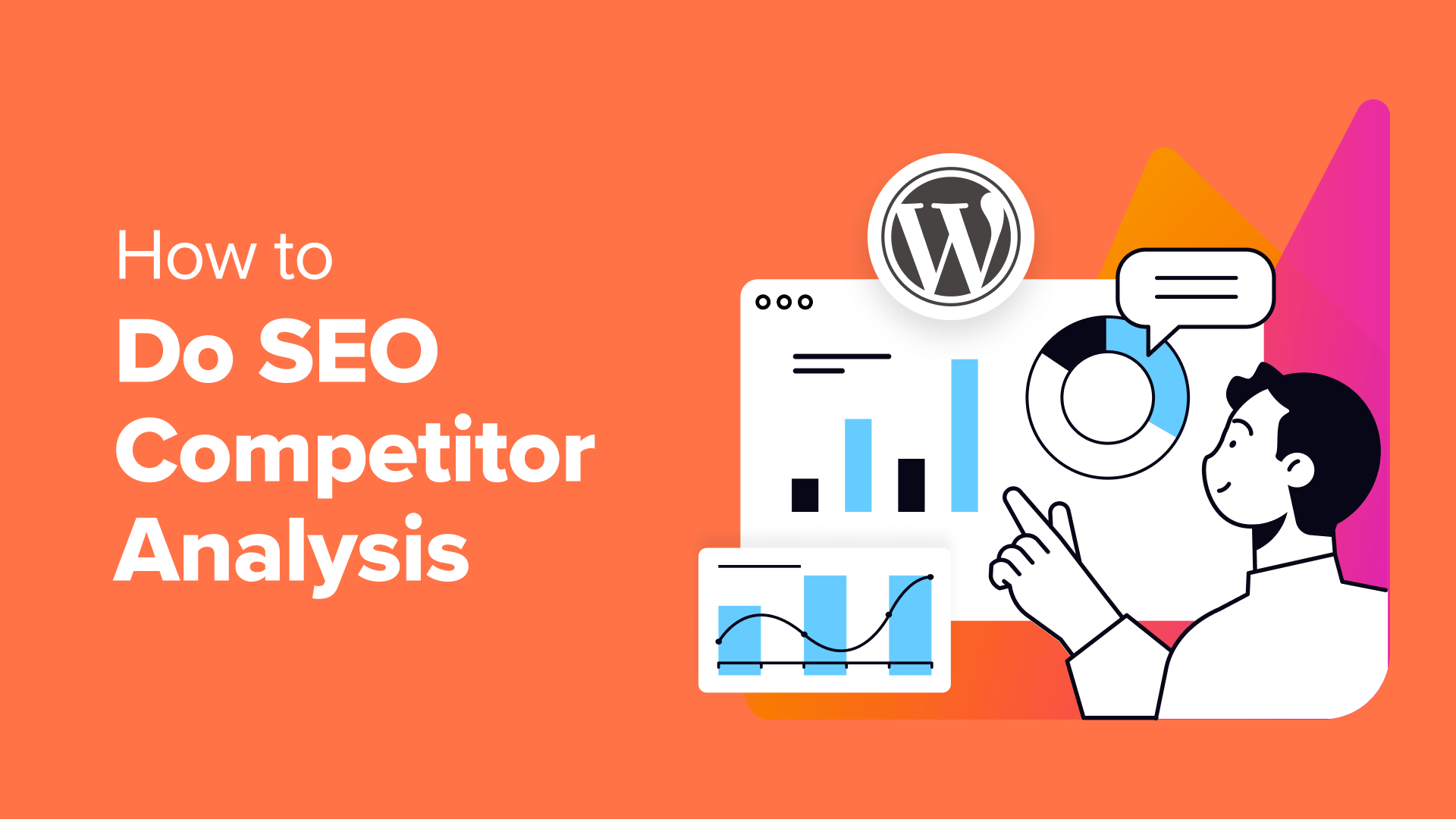The Role of Technology in Business and Advertising
Explore how technology revolutionizes business and advertising in the digital age. Discover its impact and future possibilities

Technology's Impact on Business and Advertising
In today's fast-paced digital age, technology has become an integral part of the business and advertising landscape. From small startups to multinational corporations, businesses are leveraging technology to reach wider audiences, streamline operations, and stay ahead of the competition. In this article, we will explore the multifaceted role of technology in both business and advertising, shedding light on how it has revolutionized these fields. The digital revolution has not only transformed the way we live but also the way businesses operate and advertise. Gone are the days when advertising was limited to print media, billboards, and TV commercials. Today, businesses harness the power of technology to engage with their target audience effectively. In this article, we will delve into the dynamic relationship between technology, business, and advertising.
The Evolution of Advertising
Traditional Advertising vs. Digital Advertising
Traditional advertising methods had their time in the sun, but they lacked the precision and reach that technology now provides. Newspapers, magazines, and radio ads were relatively static, offering limited interactivity. However, digital advertising has changed the game. With social media, search engine marketing, and video ads, businesses can engage with their audience in real time. This shift has allowed for more personalized and engaging advertising campaigns.
Technology's Impact on Advertising
Targeted Advertising
One of the most significant advantages of technology in advertising is the ability to target specific demographics. Online platforms collect data on user behavior, allowing advertisers to tailor their messages to individual preferences. This not only maximizes the impact of advertisements but also reduces ad spend by reaching those most likely to convert.
Data Analytics and Personalization
Data analytics tools enable businesses to gain insights into consumer behavior. Through predictive analytics, businesses can anticipate customer needs and preferences, creating hyper-personalized advertising campaigns. This not only enhances the user experience but also fosters customer loyalty.
The Changing Face of Business
E-commerce and Online Marketplaces
The rise of e-commerce and online marketplaces has redefined the business landscape. With platforms like Amazon, eBay, and Shopify, businesses can reach a global customer base with ease. Technology has made it possible for even the smallest businesses to operate on a global scale, leveling the playing field.
Supply Chain Management
Technology has also streamlined supply chain management. Through the Internet of Things (IoT) and real-time tracking systems, businesses can monitor their supply chains, optimize routes, and reduce wastage. This efficiency not only reduces costs but also enhances customer satisfaction.
Technology as a Competitive Advantage
Automation and Efficiency
Automation has become synonymous with efficiency. Businesses can automate repetitive tasks, freeing up their workforce to focus on strategic initiatives. From chatbots handling customer inquiries to automated email marketing campaigns, technology streamlines operations and improves productivity.
Customer Relationship Management (CRM) Systems
CRM systems have revolutionized how businesses manage customer relationships. These systems allow for the centralization of customer data, making it easier to provide personalized experiences. Businesses can track interactions, preferences, and feedback, fostering stronger connections with their customers.
Challenges and Ethical Considerations
While technology offers countless benefits, it also presents challenges and ethical considerations. Issues such as data privacy, cybersecurity, and the potential for AI-driven discrimination must be addressed responsibly. Businesses must strike a balance between harnessing technology's power and safeguarding user rights.
The Future of Business and Advertising
The future promises even more technological advancements in business and advertising. Augmented reality (AR), virtual reality (VR), and artificial intelligence (AI) will continue to shape the industry. Businesses that embrace these innovations will stay ahead of the curve, delivering exceptional customer experiences.
In conclusion, technology has fundamentally transformed the way businesses operate and advertise. From targeted digital advertising to streamlined supply chains, technology offers unprecedented opportunities. However, businesses must navigate ethical challenges and stay abreast of emerging trends to remain competitive in this ever-evolving landscape.
Read More Article:
Technology and Communication Connection
E-Business and Internet Technology
The Concept of Green Technology in Modern World
Digital Technology ? the Use of the Internet
What's Your Reaction?






















